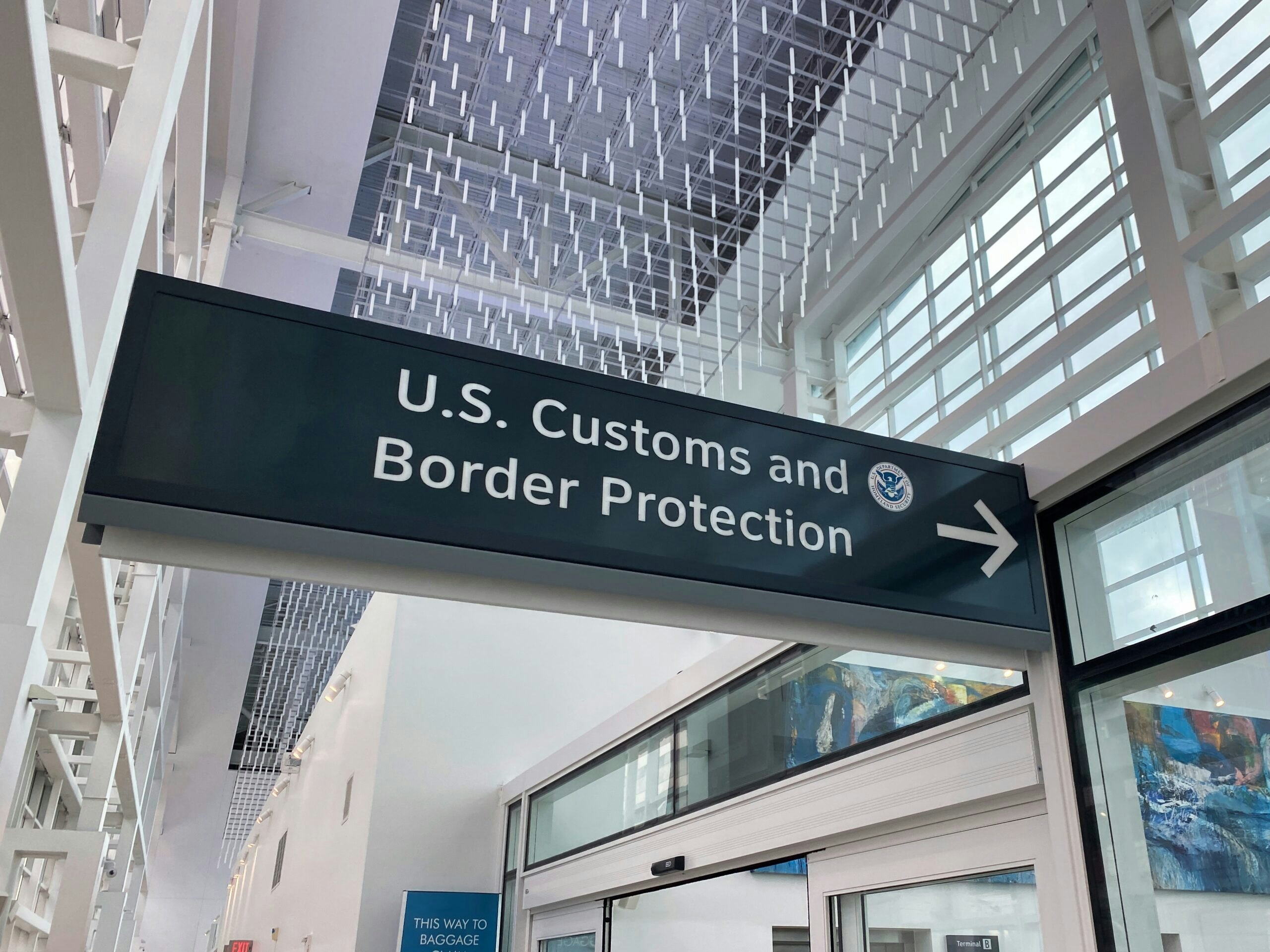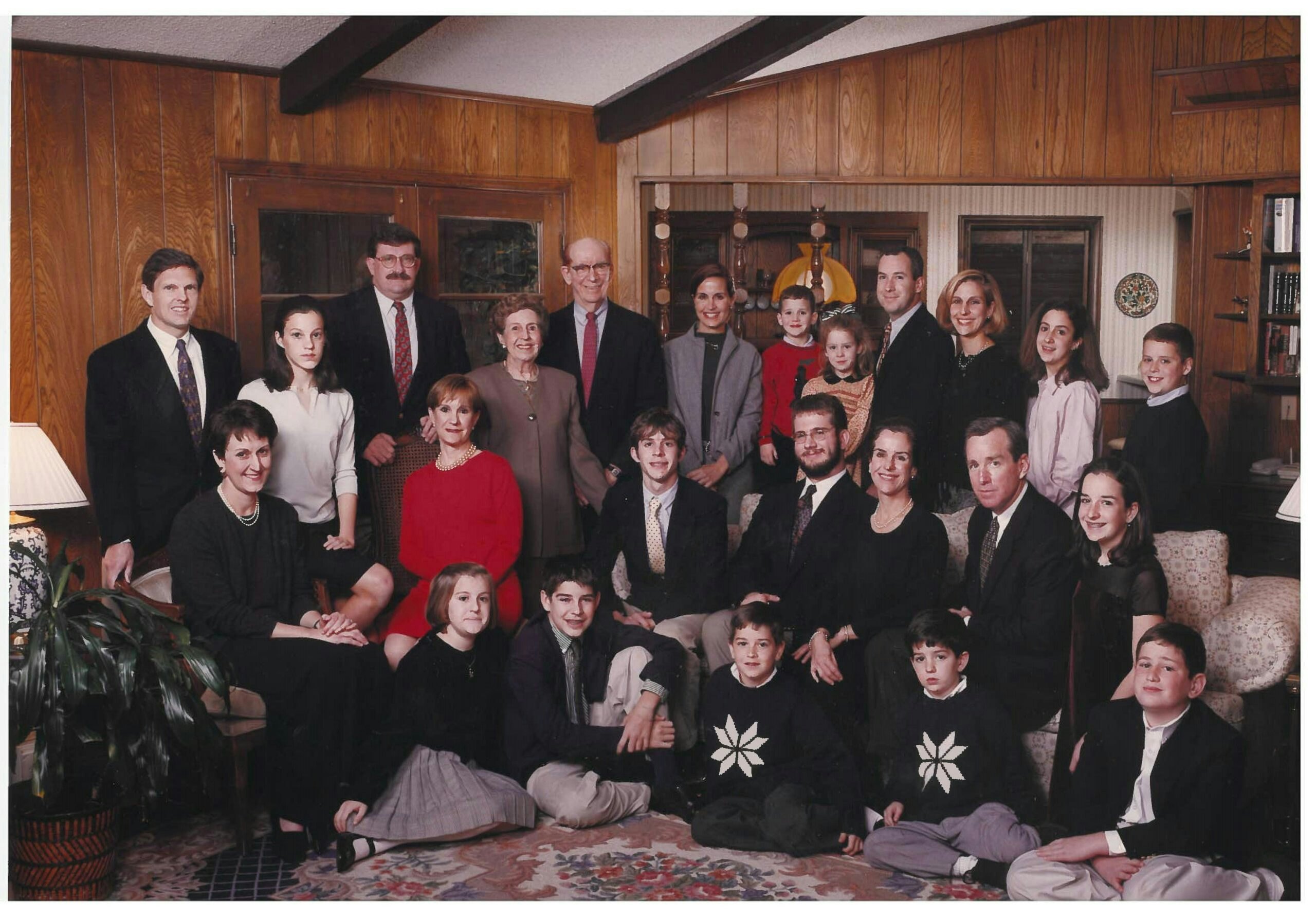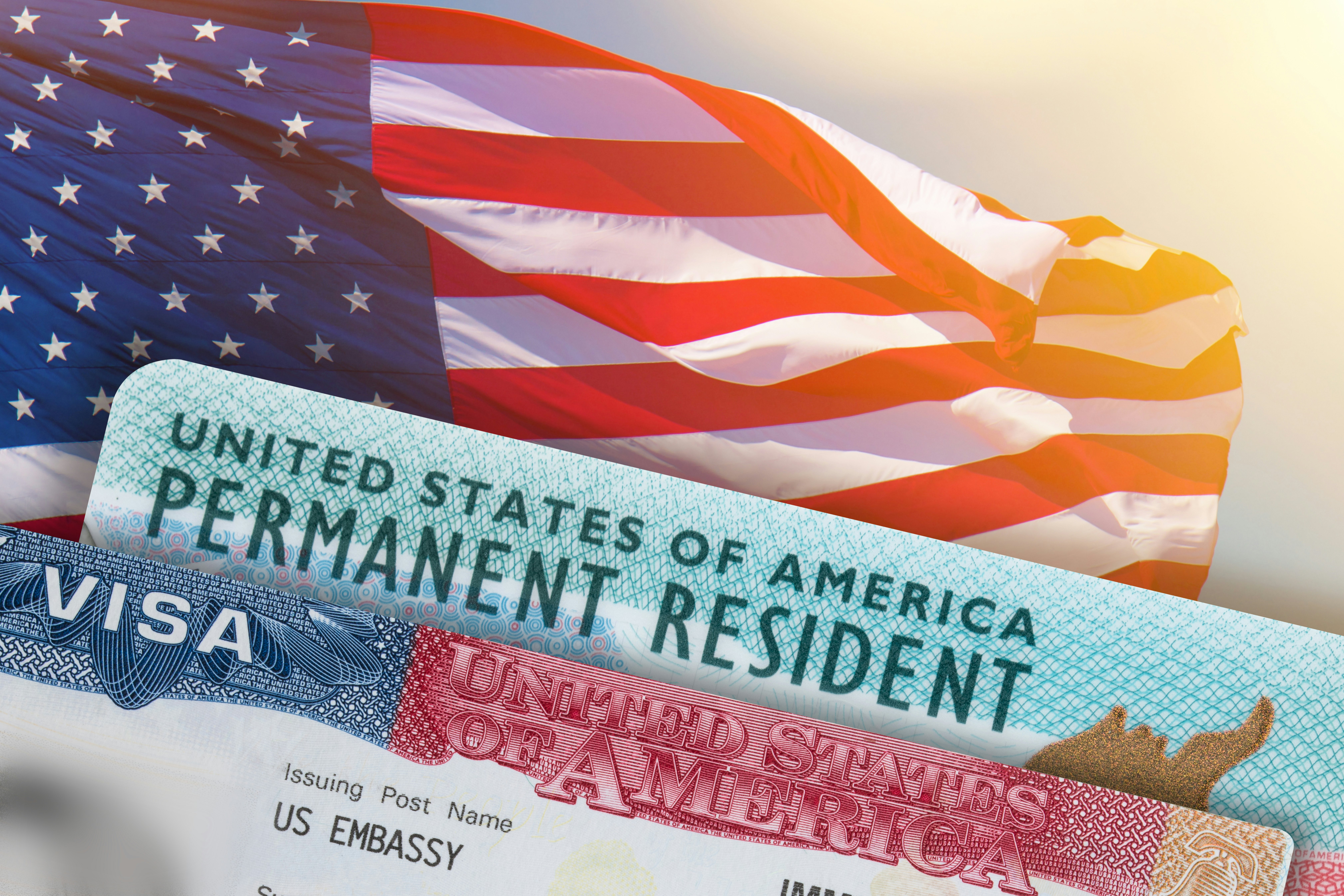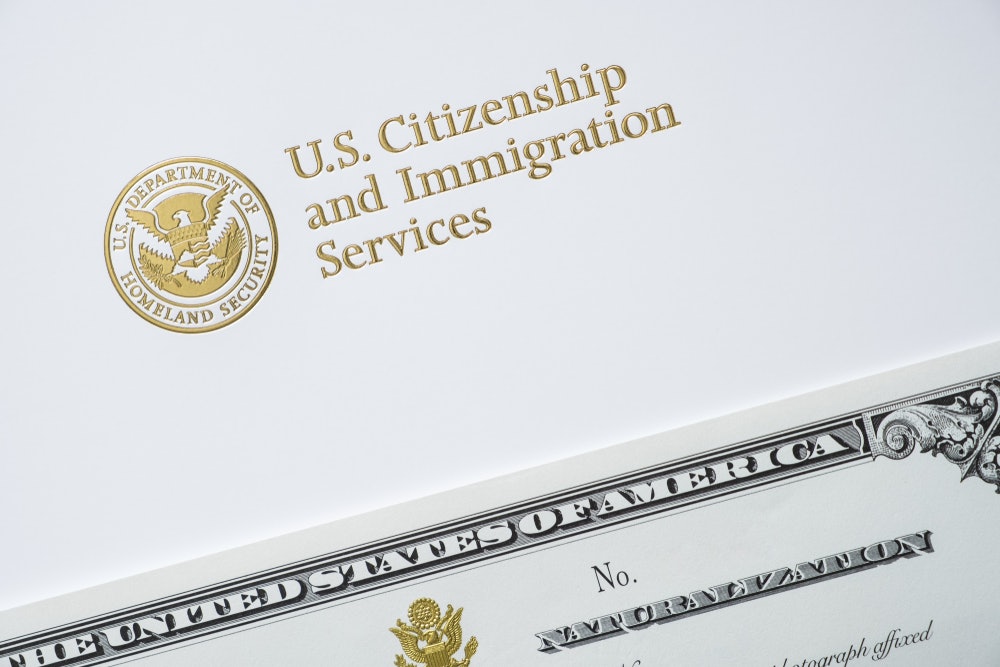A slew of executive orders was introduced this week by the Trump Administration. One of the more noteworthy announcements was the decision to designate drug cartels as Foreign Terrorist Organizations, or FTOs. The executive order aims to curtail the U.S. operations of cartels by disrupting their access to financial resources.
Using either section 219 of the Immigration and Nationality Act or President George W. Bush’s 2001 Executive Order 13224, newly confirmed Secretary of State Marco Rubio will have 14 days to designate any drug cartel or criminal organization as an FTO. Though the order allows Secretary Rubio to execute the decision through either act, the repercussions will remain the same. These include:
- Prohibiting people or companies subject to U.S. jurisdiction from providing material support, including finances, to the FTOs;
- Freezing the assets of cartels housed in U.S. institutions;
- And blocking all transactions involving any assets belonging to the cartels.
The designation will further support U.S. efforts to disrupt financial networks belonging to cartels by encouraging other jurisdictions to follow suit. Countries are already prohibited from harboring money linked to criminal organizations due to the illegal activity that generates their income. However, doing business with a U.S.-designated FTO can result in diplomatic tension or sanctions from Washington, which results in additional scrutiny and aversion for foreign financial institutions.
Furthermore, the designation can have repercussions for U.S.-based persons who knowingly do business with cartels. Fundraising for FTOs carries criminal penalties for individuals who decide to continue their partnerships or operations with any newly designated cartel.
When considering all factors, the order demonstrates President Donald Trump’s intent to curb the flow of drugs entering the United States as a policy priority. Though doing business with these organizations was already illegal, the new order increases public awareness of the issue. It carries harsher consequences for any entity that continues to do business as usual. The designations are appropriate to further isolate and deter cartels from looking to the U.S. as a base of operations.


























